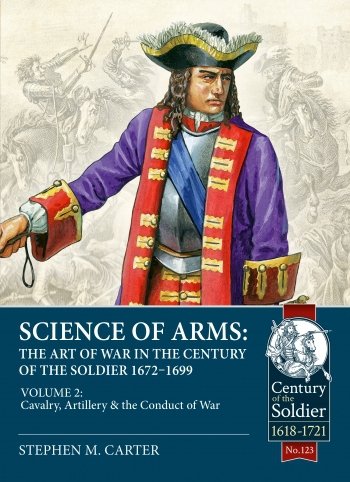-
Załączniki bezpieczeństwa
Załczniki do produktuZałączniki dotyczące bezpieczeństwa produktu zawierają informacje o opakowaniu produktu i mogą dostarczać kluczowych informacji dotyczących bezpieczeństwa konkretnego produktu
-
Informacje o producencie
Informacje o producencieInformacje dotyczące produktu obejmują adres i powiązane dane producenta produktu.HELION
-
Osoba odpowiedzialna w UE
Osoba odpowiedzialna w UEPodmiot gospodarczy z siedzibą w UE zapewniający zgodność produktu z wymaganymi przepisami.
In the late 17th century, war was an important profession. It was for this reason that the greatest generals laboured to acquire every ounce of knowledge, and went on to perfect the military art. These men judged that nothing was so necessary for the preservation of their states as the science of arms. They saw that it was by this means that nations repelled public and private insults. It was through the application of war, that citizens defended the liberty of their country and maintained order within their own territories. As a result, these men became professionals, and in so doing aroused the virtue of their fellow citizens and ensured the happiness of their people. These words are not new but adapted from the opening chapter of the Tracte de la Guerre ou Politique Militaire published in 1677. By then, the French Army had reached the peak of military perfection and Science of Arms draws on this expertise to create the definitive manual on the art of war, split across three volumes.
The second volume of Science of Arms explains the duties and disciplines of the cavalry, how the artillery and ordnance operated, and how the general conducted a military campaign and engaged the enemy. The first volume covers the preparations for a just war, the artillery park, the general and his staff plus the exercise and functions of the infantry. The third volume will cover the construction, defence, and the attack of fortifications in the age of Vauban.
For the first time the historian, writer, re-enactor, or military enthusiast can fully comprehend the spontaneous actions of the greatest generals. Science of Arms fills in the gaps found in eyewitness accounts, clarifies the unconscious behaviour of the officers, and brings to life the battle plans. This outstanding work combines all the great military treatise of the 17th century, with the original illustrations to form a unique depiction of the art of war as learnt by all the officers, and generals of the age. Science of Arms is everything needed to fully understand the military art as practised in the century of the soldier.








